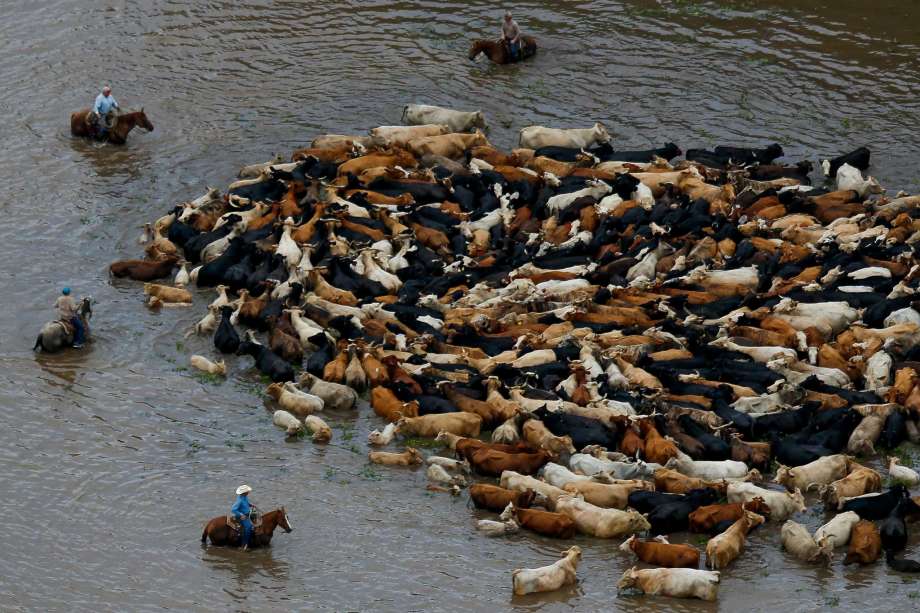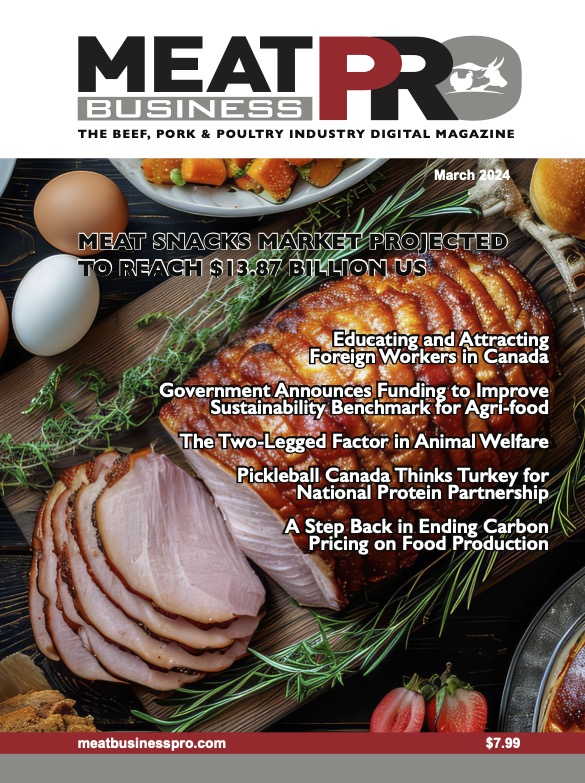Tax relief for Prairie livestock producers facing the impacts of extreme weather

Canadian farmers are directly impacted by climate change and its effects can be detrimental to sustaining operations
To provide assurance for producers as they make difficult herd management decisions, today the Minister of Agriculture and Agri-Food, the Honourable Marie-Claude Bibeau, announced an initial list of designated regions in Alberta, Saskatchewan and Manitoba where Livestock Tax Deferral has been authorized for 2022 due to extreme weather conditions.
The Livestock Tax Deferral provision allows livestock producers who are forced to sell a significant amount of their breeding herd due to drought or flooding to defer a portion of their income from sales until the following tax year. The income may be at least partially offset by the cost of reacquiring breeding animals, thereby reducing the potential tax burden associated with the original sale.
“Under the Livestock Tax Deferral, to defer income, the breeding herd must have been reduced by at least 15%”











